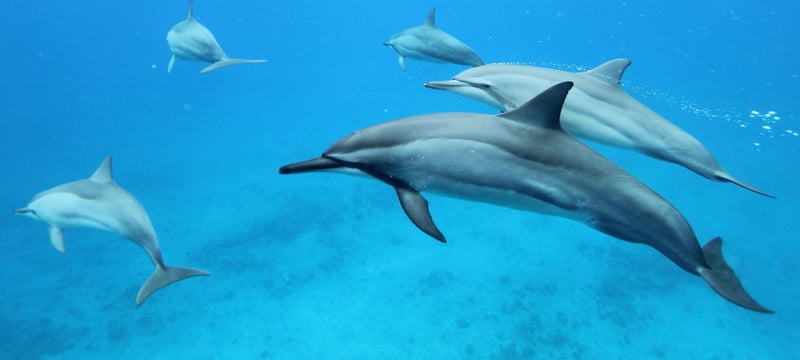
Tesco, Lidl and Nestlé join fight against lost plastic fishing nets
News
Thanks to your support, we have persuaded supermarkets Tesco and Lidl and the world’s biggest food company Nestlé, to act on lost fishing waste, also known as Ghost Gear.
Ghost Gear causes horrific injuries and deaths to hundreds of thousands of beautiful marine animals each year including, whales, dolphins, turtles and seals.
Deadly plastic
The companies have joined the Global Ghost Gear Initiative (GGGI) which we helped set up in 2015 to tackle the problem of ghost fishing gear globally.
Ghost Gear is the deadliest form of plastic waste to marine animals. Examples include plastic fishing nets, lines and pots that can stay in the ocean for up to 600 years. Ghost Gear represents 10% of all marine rubbish and as much as 70% of all floating plastics larger than 5mm.
Protecting marine animals
Today the GGGI is announcing commitments to protect marine animals from ghost gear:
The GGGI will support 30 projects addressing ghost gear in 15 countries by 2025
- The GGGI is pledging to double the financial commitment from its members, supporting organisations and governments, to USD $2 million in 2019
- The UK Government is committing over $100k for work in Vanuatu and the Solomon Islands and providing training on the best practise management of fishing gear in other Commonwealth countries
- The GGGI will also work with partners to implement best practice management of fishing gear by 2021
- Overall, the GGGI pledges to help establish baselines and contribute to achieve a net reduction of ghost gear in our oceans on an annual basis by 2030
Ghost fishing
The equivalent of 12 Sydney Harbour Bridges of Ghost Gear is left in the oceans each year. Fishing gear is designed to capture and kill and when lost it will continue to fish - this is known as ghost fishing.
When lost it can cause immense suffering for marine animals that can get caught in this incredibly durable equipment. The animals suffer a prolonged and painful death, usually suffocating or starving to death. Seven out of ten (71%) entanglements involve plastic ghost gear.
Thriving oceans
Ingrid Giskes, Global Head of Sea Change at World Animal Protection, said: “Ghost Gear is recognised as a key issue that we need to tackle if we want to ensure clean and thriving oceans.
“The commitments announced today will help ensure that we will achieve a reduction of the amount of Ghost Gear in our oceans – by preventing more from entering and removing what is already there.”
Find out more about our work to stop the menace of ghost fishing gear.
The equivalent of 12 Sydney Harbour Bridges of Ghost Gear is left in the oceans each year